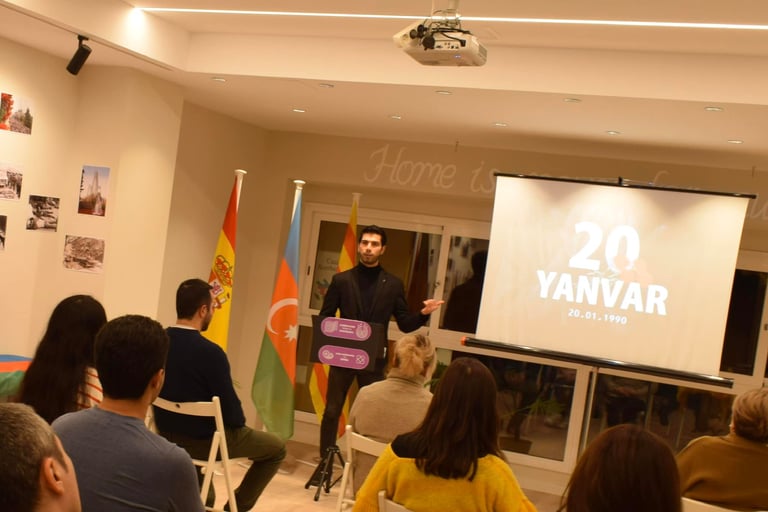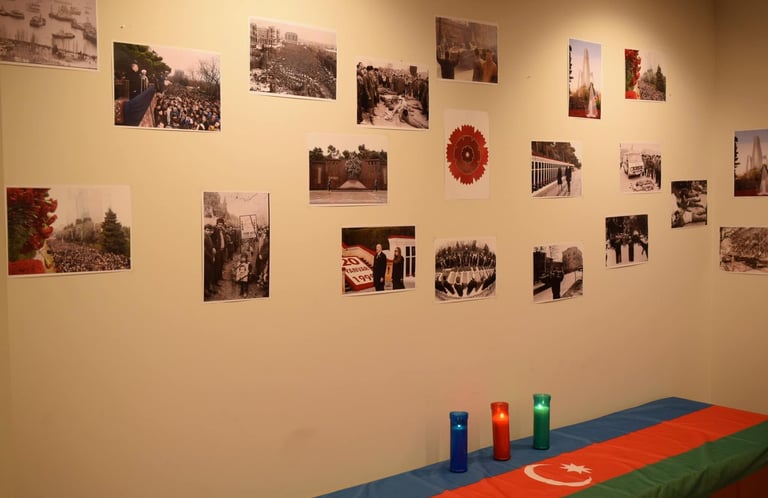January 20 – National Mourning Day
HERITAGE & HISTORYMEMORIAL DAYSAZERBAIJAN
On the night of January 19–20, 1990, under direct orders from Mikhail Gorbachev, Secretary General of the Central Committee of the Communist Party of the Soviet Union, the Soviet Ministry of Defense, the KGB, and Internal Affairs troops were deployed to Baku and several regions of Azerbaijan. Civilians were fired upon with heavy military equipment and weapons, leading to mass killings. The seizure of Baku by large contingents of Soviet special forces and internal troops was carried out with extreme brutality and unprecedented violence.
Before the imposition of a state of emergency was even announced, 82 people were mercilessly killed and 20 fatally wounded. In the days that followed, another 21 people were killed in Baku. In regions where no state of emergency had been declared, more bloodshed occurred: 8 civilians were killed on January 25 in Neftchala and on January 26 in Lankaran.
In total, 131 people were killed and 744 injured in Baku and surrounding districts. Among the victims were women, children, the elderly, emergency medical workers, and police officers. The martyrs of January 1990 came to be known as the “January 20 Martyrs” — 150 in all.
Despite the violence, the tragedy became a turning point in Azerbaijan’s modern history. On January 22, nearly 2 million people filled Freedom Square in Baku to honor the victims in a mass funeral procession. The massacre, instead of breaking the nation’s spirit, revealed the unshakable will of the Azerbaijani people. It marked a decisive step in the national liberation movement and became a milestone on the road toward the restoration of independence.
On March 29, 1994, under the initiative of National Leader Heydar Aliyev, the Milli Majlis (National Assembly) officially recognized the events of January 20, 1990, as a military aggression and a crime committed by the Soviet totalitarian regime against the Azerbaijani people.
Today, the memory of the victims of January 20 is deeply cherished. Every year, on this day, people lay red carnations — the symbol of the tragedy — at the Martyrs’ Alley in Baku, observe a nationwide minute of silence at 12:00 p.m., and lower national flags across the country. Ships, cars, and trains sound their horns in tribute to the fallen.
The January 20 tragedy remains not only a day of mourning but also a symbol of resilience, dignity, and the struggle for freedom.
Each year, the Azerbaijani community in Barcelona also commemorates January 20 – National Mourning Day, paying special respect to the memory of the martyrs who gave their lives for the independence of our homeland.





